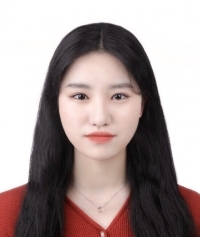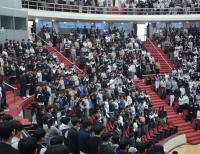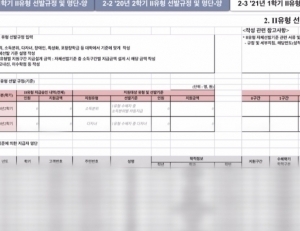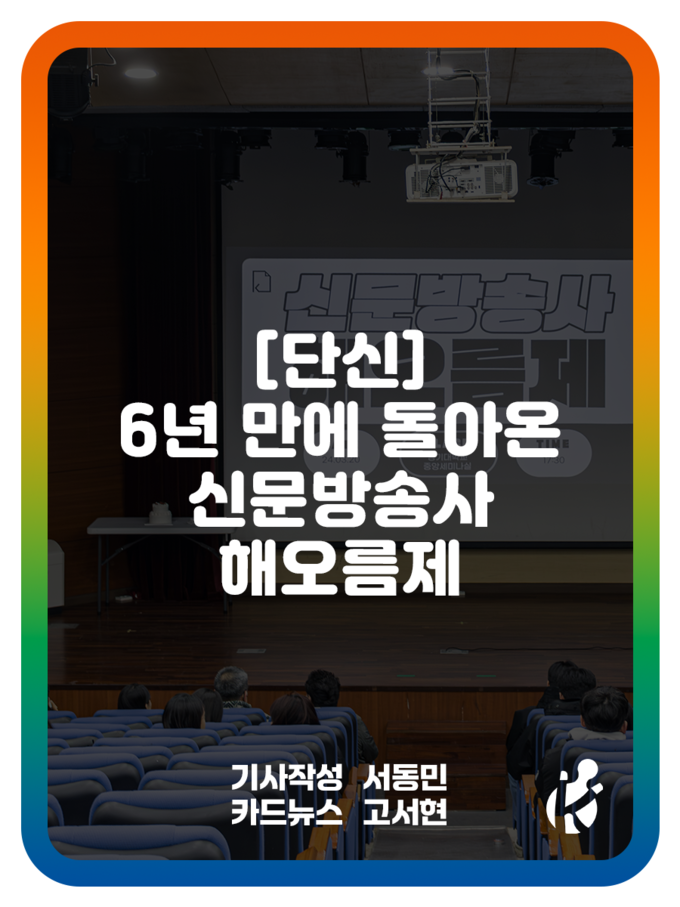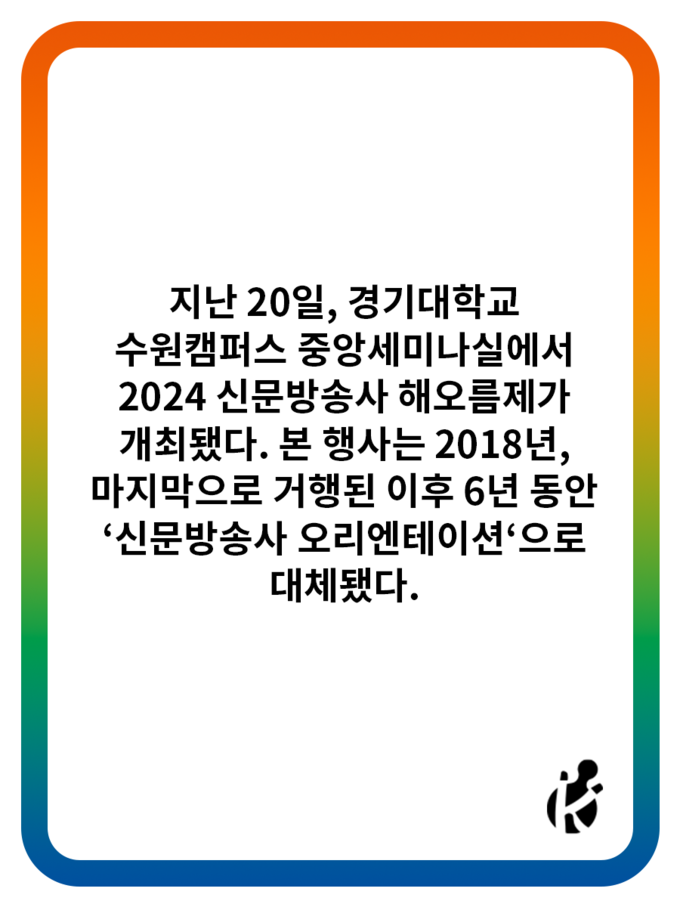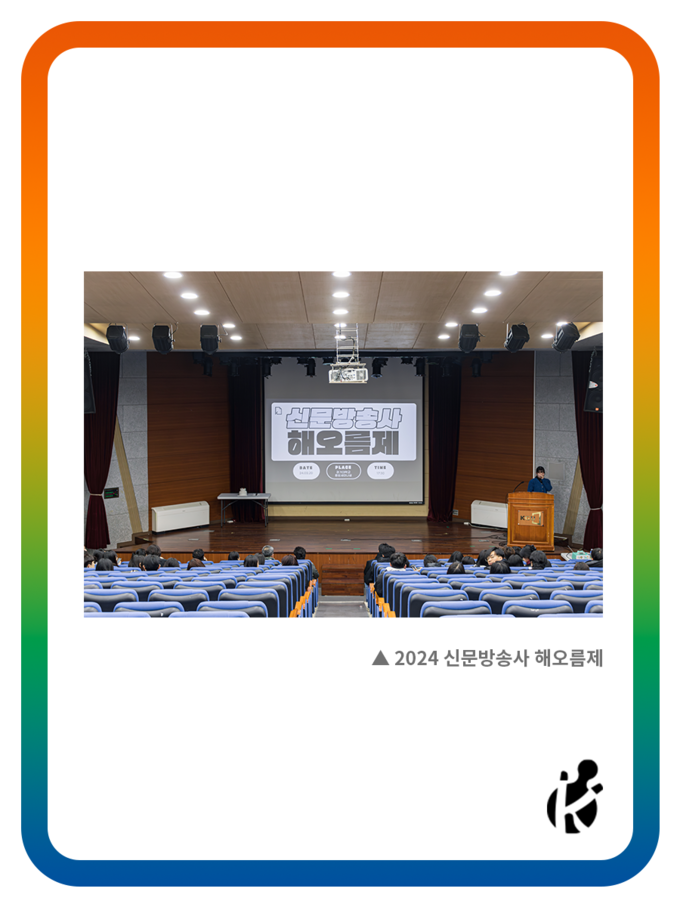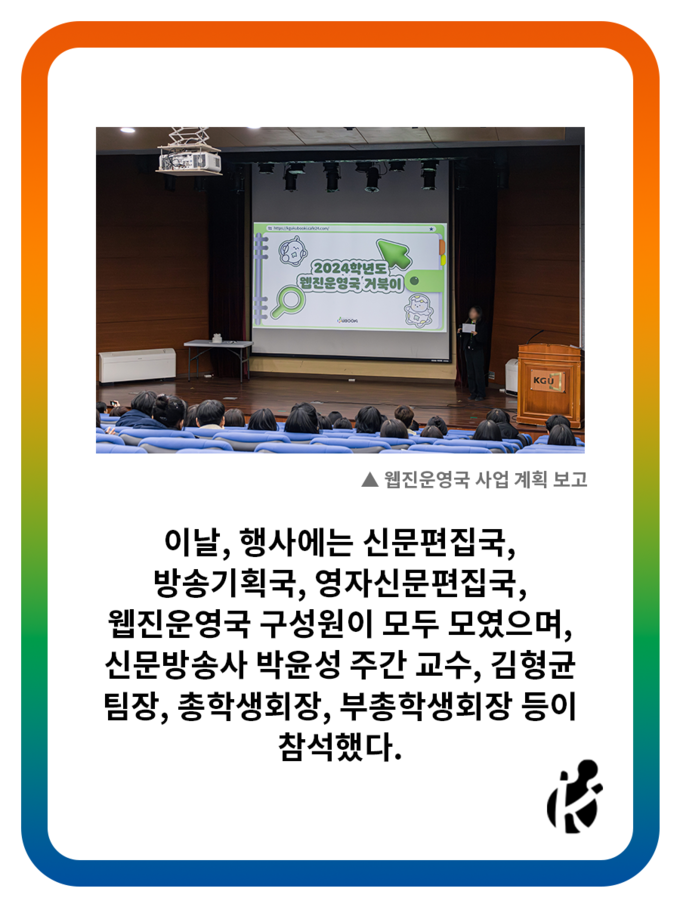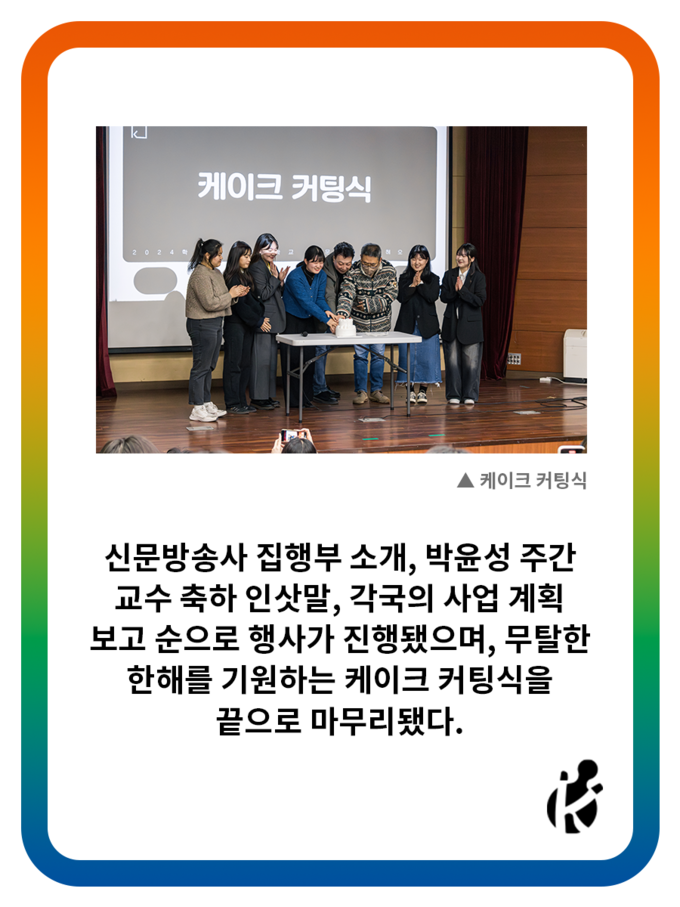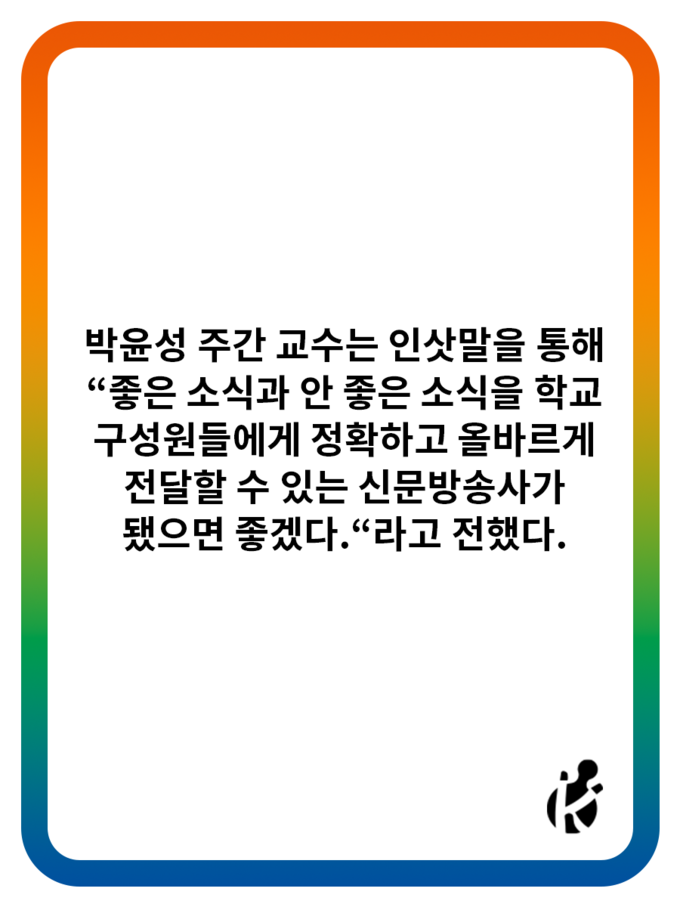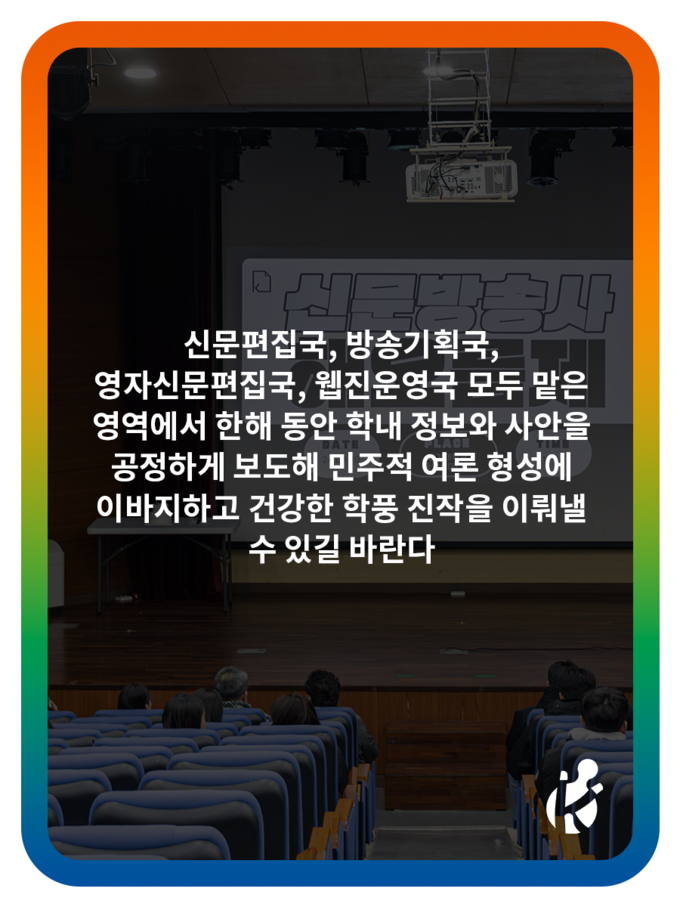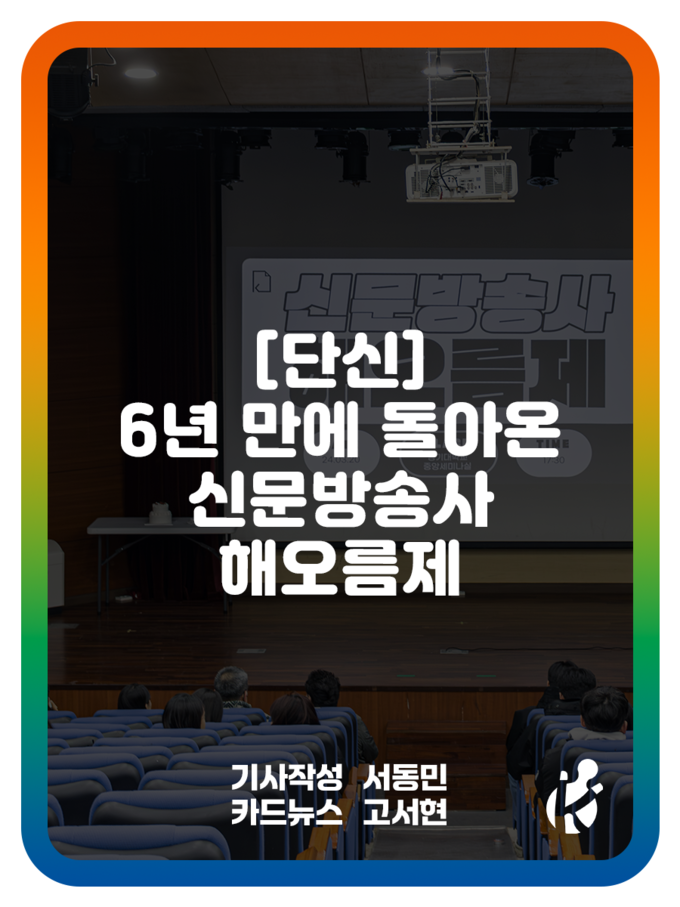- In Depth Analysis of Programs
The hottest political issue in the first quarter of 2022 will be the 20th presidential election on 9, March. The Presidential election is selecting the person who will represent our country and it is a national event that many people are interested in because it can change the direction of the development of the country. In past elections, there were lots of functions and programs to capture the young generation's voting intentions, but they were less significant than other campaign activities. Instead, the main target of candidates was elderly people over the age of 60 because the aged people's turnout was the highest in former political elections. However, this presidential election shows a different aspect as candidates actively try to attract young voters.
Presidential candidates' pledges which aim at the 2030 generation usually focus on financial support for housing, education support, and minimum wage. They are solutions to problems that young people commonly face in society. Also, rising interests among the young generation such as pets and electric cars are included in their commitments. Candidates use ‘shorts’ on Youtube that the young population makes frequent use of. They upload short videos to explain their promises. This ‘shorts competition’ is the result of an appropriate understanding of the MZ generation’s pragmatic tendencies.
Young people receiving attention has been described as “the biggest match”, “a mountain with out an owner”, and “the key variable”. Literally it means the young generation can play a central role in this election. The biggest reason behind this is that the proportion of young undecided people who are unsure of which political party and candidates to support is high at 30% to 40%. According to NBS, the ratio of voters who are undecided is 69% of those in their 20s and 52% of those in their 30s. Besides, many polls indicate that young voters are not committed to any party, or that they could change to others at any time. 2030s is the generation which was born in the time when Korea 20 PHAROS Kyonggi University English Magazine <> was a newly developed country. They weren't influenced by political parties, so the attachment to specific party isn't remarkable. For this reason, unlike the older generation, the young generation might change which nominee they support depending on political circumstance. This is why young people are the master variable for presidential candidates. Polarization and extremism of opposing parties are also one of the factors that prevent young people from deciding early. This presidential election presents high levels of dislikes as it is called the ‘unlikable presidential election’. It originated based on appearance of confrontation that makes people tired and bored, as well as negative images from speech and behavior and gossip about candidates. They hope for a new change and development on the political scene. The 20th presidential election is forecasted to have a low voter turnout rate among the 2030 generation because of these reasons.
How effective will the various programs of presidential candidates for the younger generation be? Opinions on this are largely divided into two. First of all, as presidential candidates are interested in the younger generation, there is a positive response that more policies and systems for young people will emerge in the future. On the contrary, some say that the policy proposed by the current presidential candidates is a populist performance to win votes from young people, which is not feasible. First of all, let's look at the feasibility of the youth housing pledge. The basic point of the candidates' youth housing pledges is to increase supply to give young people an opportunity to easily find homes. Yoon Seok-yeol, the presidential candidate for the People Power Party, supplied 300,000 youth homes and promised long-term low-interest loans for more than 30 years. However, considering that the current government was able to supply only 30,000 units during its operation, it is questionable whether it is a feasible promise. What about candidate Lee Jae-myung's basic income, basic housing, and basic financial election promise? Candidate Lee said he would raise welfare funds without consequences, but it is not convincing because he did not clearly suggest ways to secure funds. Furthermore, some point out that 80,000 won per month is too insufficient to meet the needs of the younger generation. In particular, financial officials are concerned that candidates' core pledges risk distorting the market order. Experts have pointed out that these candidates' pledges are biased toward cash and loan support, and that in order to solve the fundamental problem, long-term alternatives should be proposed, not short-term alternatives. The fundamental problem is that the candidates' pledges are indifferent to this in terms of the lack of quality jobs and poor universal welfare.
❝It is not good to cover up and criticize these factors or to accept them without criticism. Young people should consider the pledges of presidential candidates and vote for candidates who can most harmoniously represent both the public interest and private interest. The sharper the surveillance by young people, the more candidates will try to capture the votes of young people. And if these interactions occur in a series, the level of welfare in society as a whole will improve. In a democratic country, voting is the easiest and most important right to exercise sovereignty. In addition, young people should consistently monitor whether the elected representative properly fulfills the promises they promised without stopping voting. If appropriate surveillance of the candidates is achieved, more feasible pledges will be presented in the future, not pledges to obtain votes. Politics and the lives of young people are inseparable. Now that problems that closely affect future generations such as climate, food, and the environment are emerging as important social issues, the low political representation of young people can be linked to the future of the Earth. The younger generation should be active participants in politics for themselves and for future generations.❞
76th Reporter · KIM HYEON A · hangitup@kyonggi.ac.kr
77th Cub Reporter · JO YEON WOO · amyjoe0213@naver.com
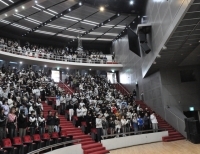 What Happened in KGU? : 수원캠퍼스 학생총회 편
On April 4th, a general meeting of students was held in the Tele-convention center at the Suwon campus. The contents were the same as the general meeting of students in the Seoul campus: the first part was for agenda announcement, the second part was about the Membership Training for whole university, and the third part was simple Q&A time. In the first part, the agendas were all the same as the ones for the Seoul campus, and the result of the ...
What Happened in KGU? : 수원캠퍼스 학생총회 편
On April 4th, a general meeting of students was held in the Tele-convention center at the Suwon campus. The contents were the same as the general meeting of students in the Seoul campus: the first part was for agenda announcement, the second part was about the Membership Training for whole university, and the third part was simple Q&A time. In the first part, the agendas were all the same as the ones for the Seoul campus, and the result of the ...

 [타 대학보 축사] 늘 그랬듯, 묵묵히
[타 대학보 축사] 늘 그랬듯, 묵묵히
 [와이파이] 큰 박스에 달랑 물건 하나, 과대포장 규제 정책 시행은 언제쯤
[와이파이] 큰 박스에 달랑 물건 하나, 과대포장 규제 정책 시행은 언제쯤
 [문화산책] 이 세계는 멋져 보이지만 모두 환상이야
[문화산책] 이 세계는 멋져 보이지만 모두 환상이야
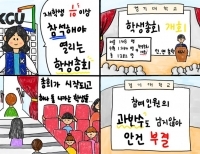 [네컷만화] 학생총회
[네컷만화] 학생총회

 목록
목록




